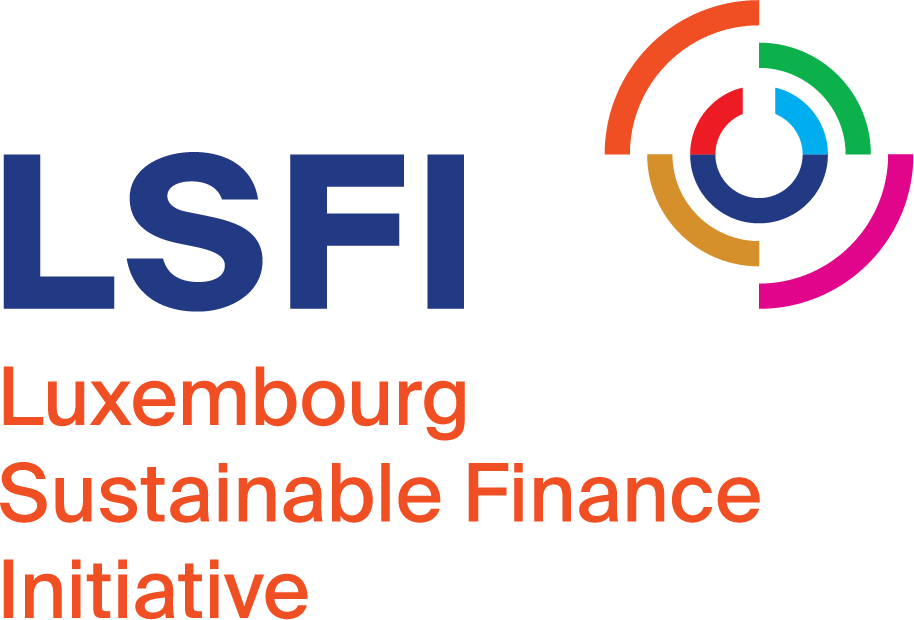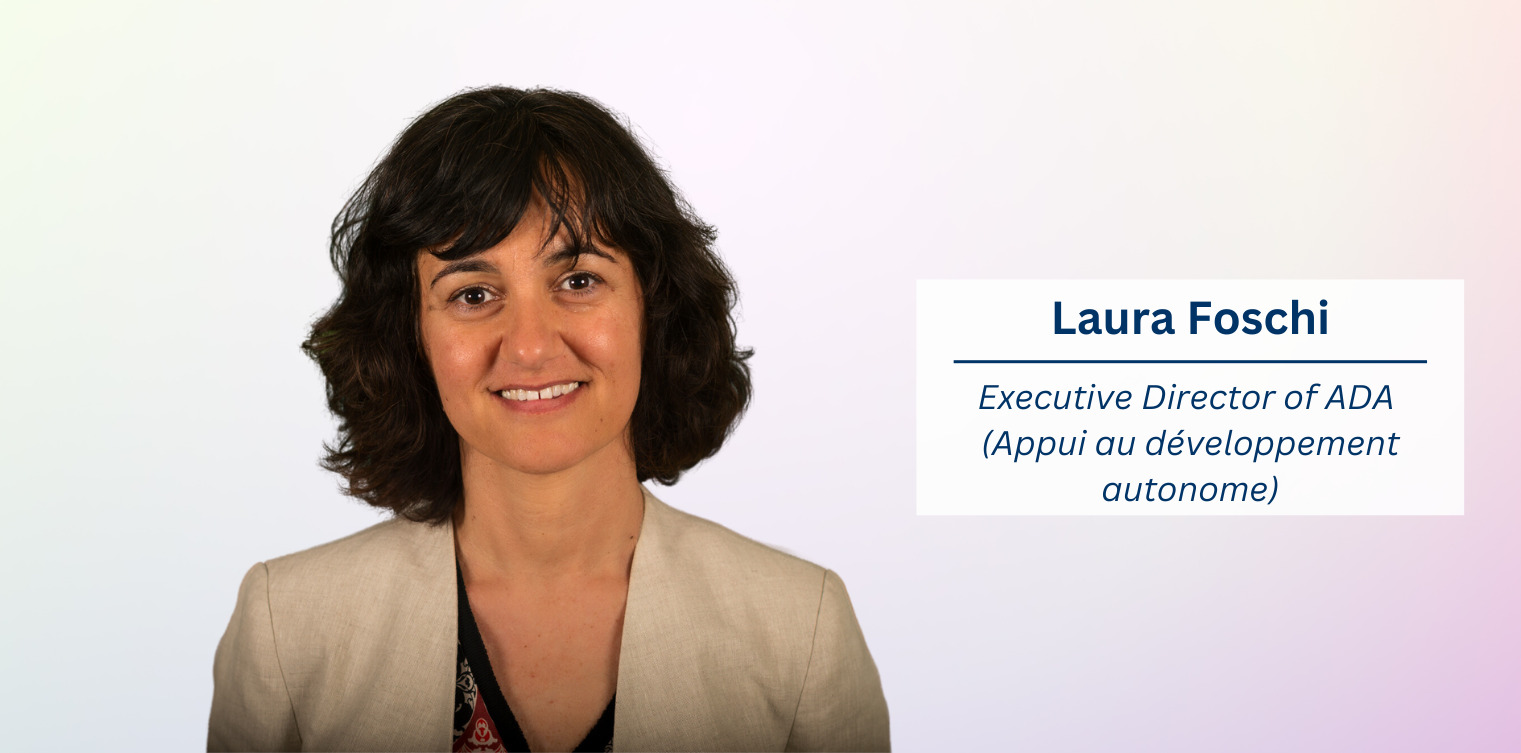Inclusive finance is financial services and products destined to aid low-income populations. It is a key enabler in developing countries where access to financial services is crucial to promote social and economic development.
This month we interviewed Laura Foschi, Executive Director of ADA (Appui au développement autonome). Laura shared with us what’s the role of ADA, the most significant challenges inclusive finance faces and how they promote financial literacy. She also reflected on the links between inclusive and sustainable finance.
Luxembourg Sustainable Finance Initiative: What’s the mission of ADA, and what are your priorities?
Laura Foschi: ADA (Appui au développement autonome) is a non-governmental organisation that strengthens the autonomy of vulnerable people in Africa, Central America and South-East Asia. We leverage inclusive finance to improve their living conditions.
In our projects, we support youth entrepreneurship, agricultural and forestry value chains as well as access to basic services such as clean energy, water and sanitation. We always consider the effects of climate change, gender questions and the benefits of digital technologies.
LSFI: What is inclusive finance? Are there any links with sustainable finance?
LF: Inclusive finance goes beyond microfinance, which is too often confined to simple microcredits. Inclusive finance gives the poorest, and otherwise excluded, access to financial services which respond to their specific needs. These services can be financial, for example, a loan, access to a dematerialised payment system, subscription to an insurance or transaction management. But they can also be non-financial such as training, legal or accounting aid or support in launching a business. The objective is to include all segments of the population in the economy.
Inclusive finance is considered sustainable because it takes into account ESG components. Most representatives of the inclusive finance sector have now implemented good social management and measurement practices in line with the recommendations of the Social Performance Task Force. In 2022, a better-defined green indicator was fully integrated into their social and environment measurement tool SPI which further facilitates ESG monitoring. These methodologies should not be restricted to inclusive finance but could also serve as a blueprint for mainstream finance professionals.
LSFI: What is the most significant difficulty you encounter when supporting vulnerable populations, and in general, in the inclusive finance field?
LF: Political instability and insecurity that affect our key target regions, such as the Sahel, pose the biggest challenge as these situations are very difficult to anticipate and we therefore also find it difficult to address them. What can NGOs do when they have ongoing programmes with ousted governments? It’s a tough choice between evacuating your employees or leaving the vulnerable people you were trying to support.
Another difficulty – albeit less dramatic – is the low risk appetite of investors that restricts the potentially high level of impact and innovation in the field. Although there is a strong demand for investment, many innovative initiatives struggle to source appropriate funding to upscale their activities. Impact investors need to change their investment criteria to meet this demand.
LSFI: What’s the role of technology in fostering financial inclusion?
LF: Digital solutions offer many opportunities to promote financial inclusion by reaching people in areas that are difficult to access, by offering fast and secure services to customers, or by reducing costs. For this reason, ADA encourages microfinance institutions (MFIs) to develop digital products and we also support entrepreneurs in using existing digital accounting services etc.
LSFI: How do you promote financial literacy, and why?
LF: Increasing financial literacy is key to empowering clients of microfinance institutions to make informed financial decisions. In addition to encouraging MFIs to provide financial education workshops, we also collaborate with national and local governments to roll out broader financial education programmes for adults. For example, we did this in Benin and Tunisia recently. Our aim is not only to increase client protection but also to train MFI employees in good practices to make the microfinance sector more professional and responsible.
LSFI: Luxembourg, particularly ADA, has a long track record in inclusive finance. What are the key lessons you have learned over the years? Considering this expertise, any tip you would share with the sustainable finance field?
LF: Over time, we have come to realise that other organisations different than microfinance institutions also play key roles in supporting vulnerable populations and we are therefore now taking a more holistic approach. For example, we are now also increasingly supporting SMEs and business support organisations in developing countries such as accelerators and incubators who prioritise social inclusion and climate resilience.
Despite their growth potential, these innovative and impact-oriented organisations are often stifled by a limited availability of capital and lack of business skills. We recently launched the first societal impact company dedicated to financial services, the Financing Innovation Tool (FIT), to close this gap with a broad range of financing instruments, including debt, subordinated debt, equity and guarantees. This FIT financing will be combined with ADA’s technical assistance to strengthen the internal governance and market readiness of investees in a holistic and sustainable manner. The aim is to make investees financially autonomous and investor-ready so that they may access further funding from professional impact investors in the medium term.
As a final remark, I would like to emphasise how important it is to collaborate with other financial inclusion actors and to take each other’s projects into account to improve overall impact. We will not achieve much by acting alone but we can make a difference by acting together.





